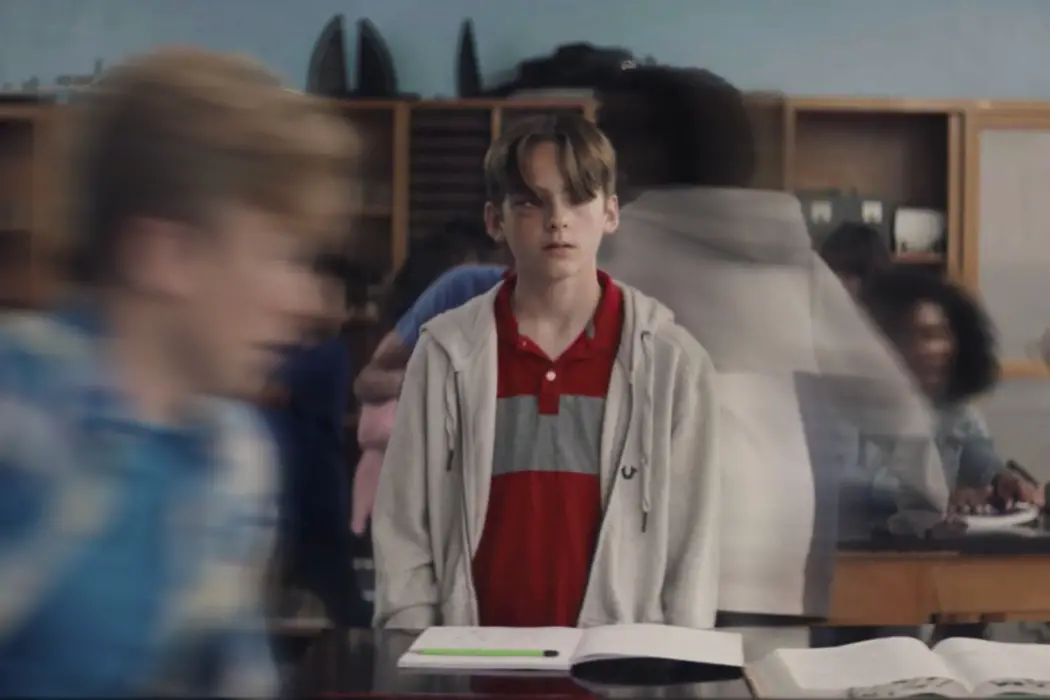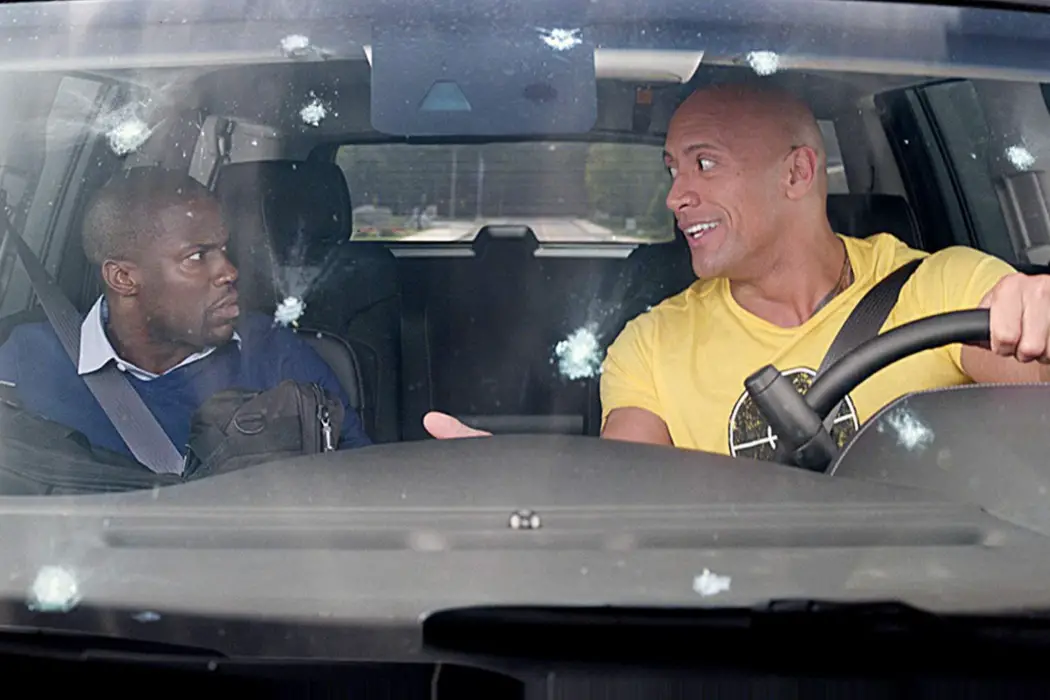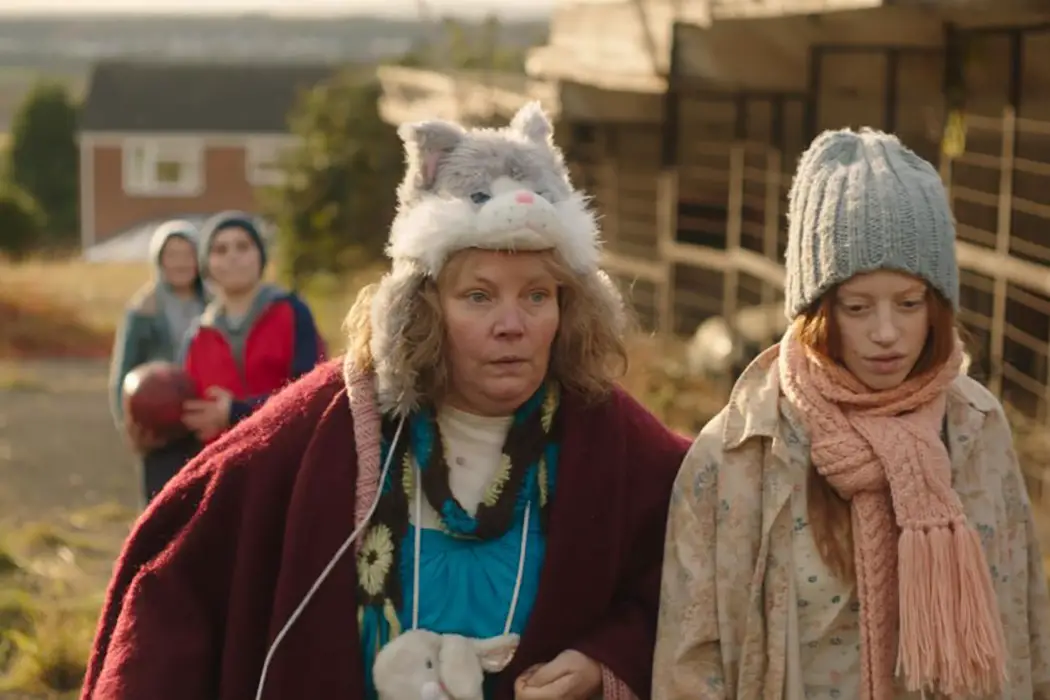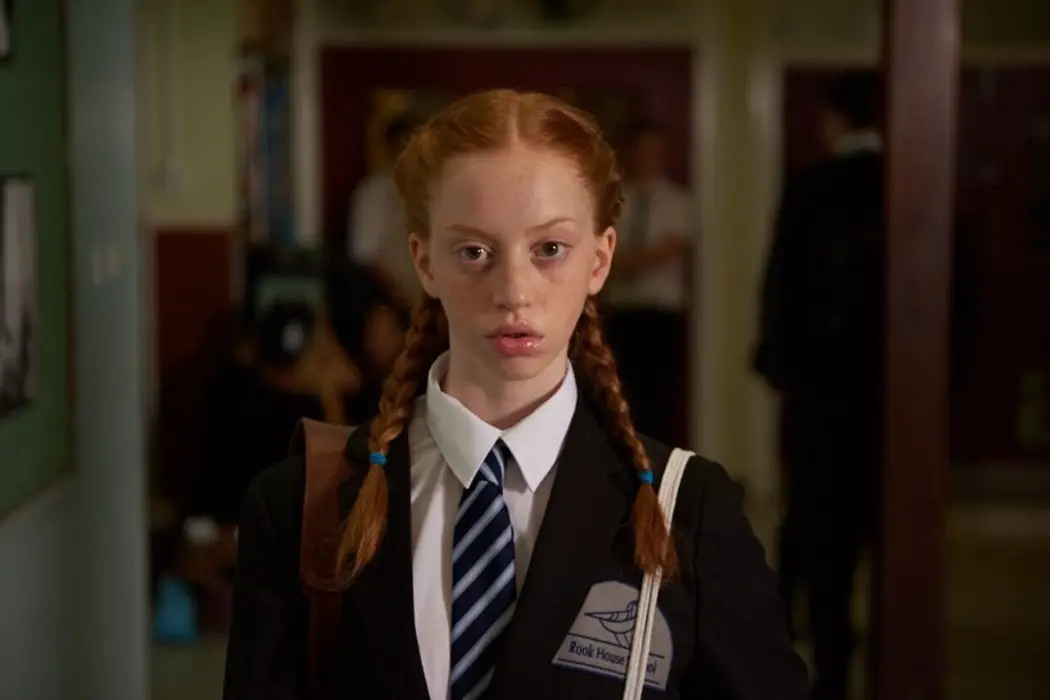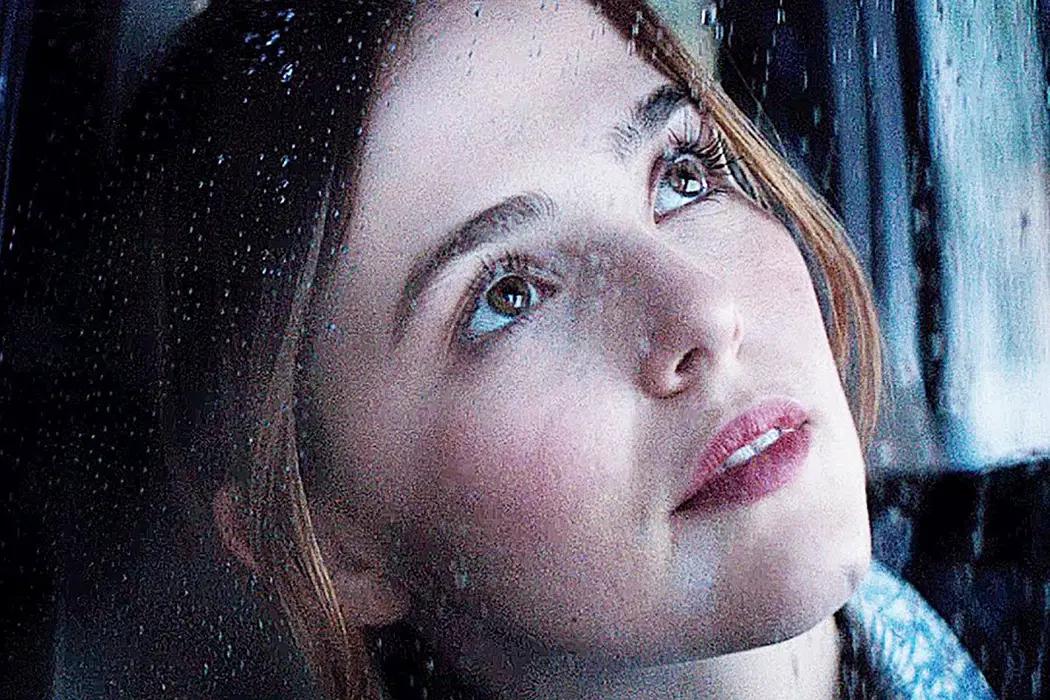bullying
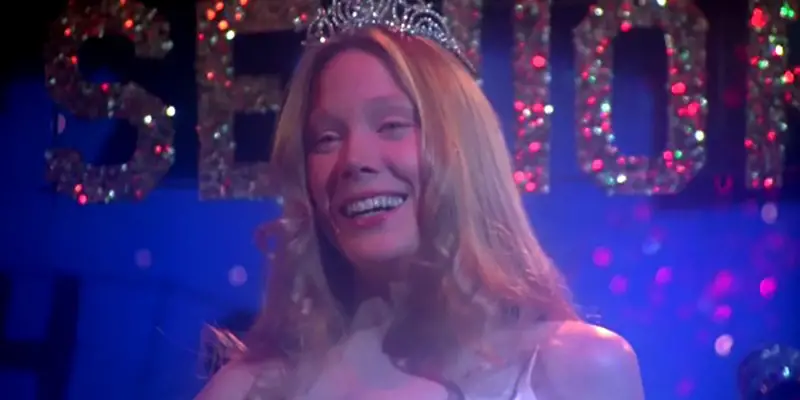
Carrie is a movie inspired by one of Stephen King’s first novels, a dark story mixed with dramatic notes, where all the uncertainties and fears of adolescence, such as the problem of being different in a society that does not forgive, are transformed into anger and the desire for revenge. The movie was directed by Brian De Palma in 1976, but I believe it is a timeless story; indeed there have been many remakes, the last one in 2013 by Kimberly Peirce, setting it in a modern context. De Palma’s film, which can be considered a cult classic, shows the daily life of teenagers at an American high school and explores the theme of bullying deeply, adding some gory scenes towards the end.

A great director can elevate a movie that is nothing short of trash cinema into something masterful. Throughout his career, Orson Welles repeatedly chose projects (most notably Touch of Evil) as a challenge to see whether he could make a good movie out of source material that was far closer to the gutter than the stars. A cursory glance at some of the best directors of all time, from Welles and Alfred Hitchc*ck to David Fincher and Steven Soderbergh more recently, reads like a list of directors who enjoy cinema at its silliest, yet are such technically skilled filmmakers with a clear love for genre filmmaking that their movies are only ever laughable in a knowing way.




